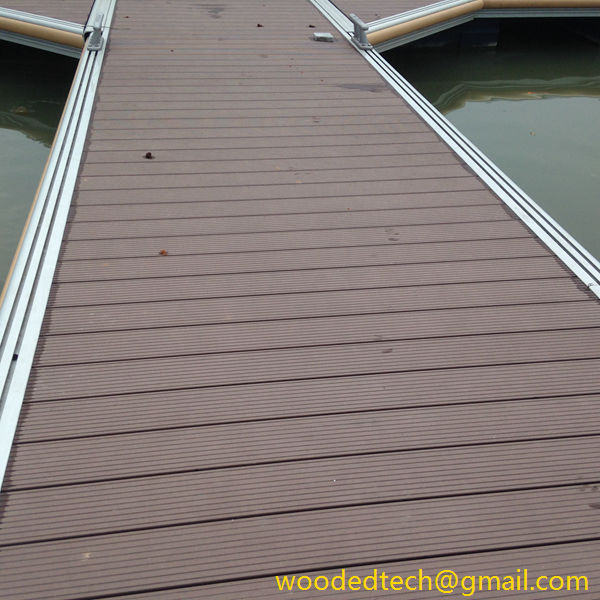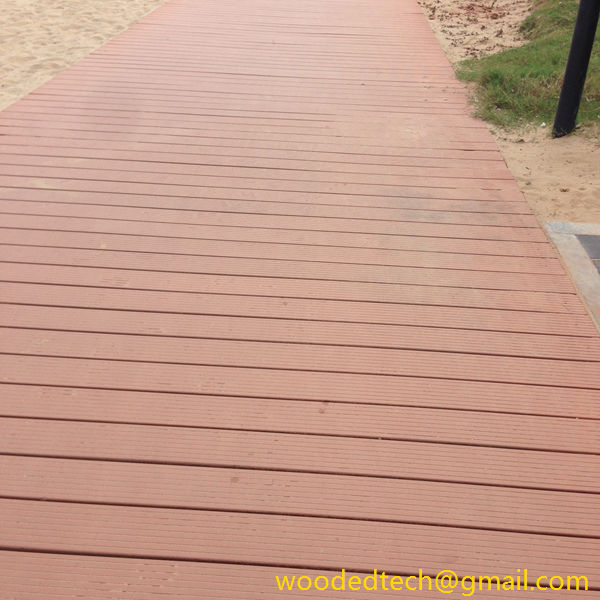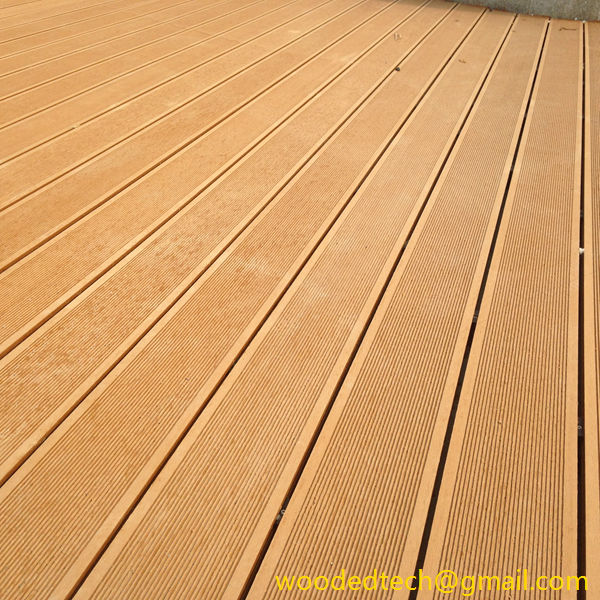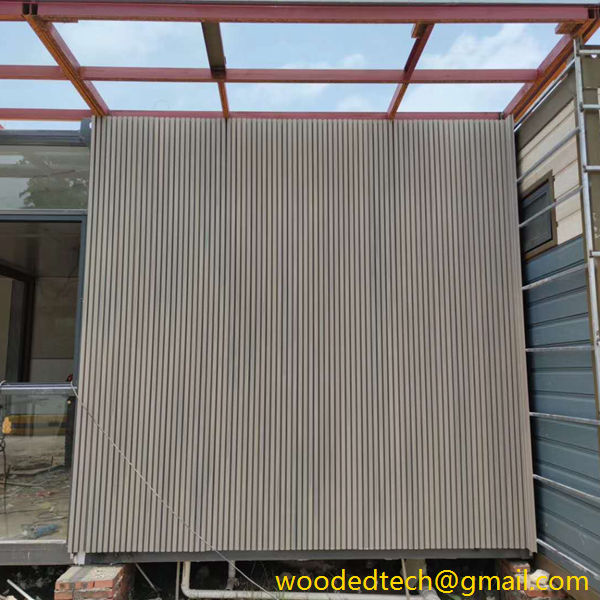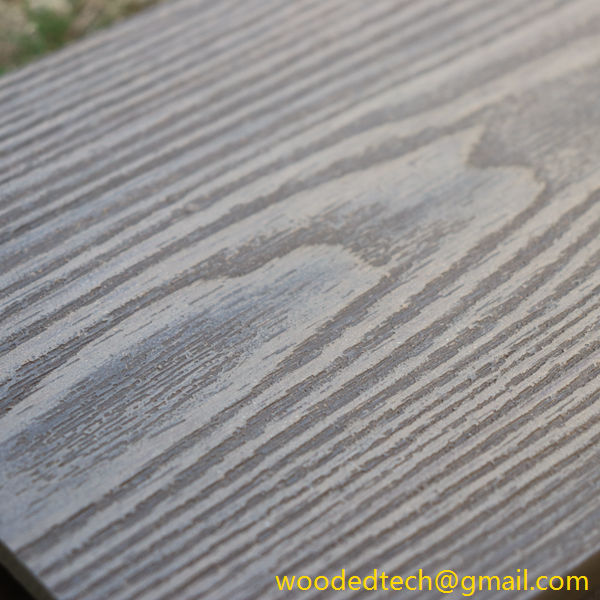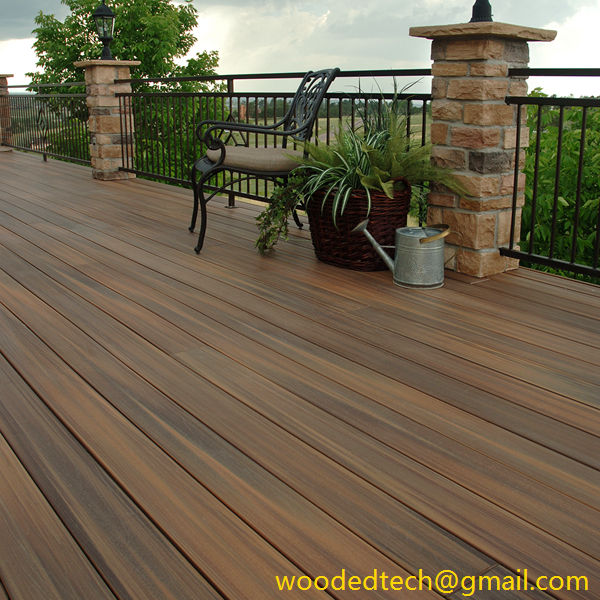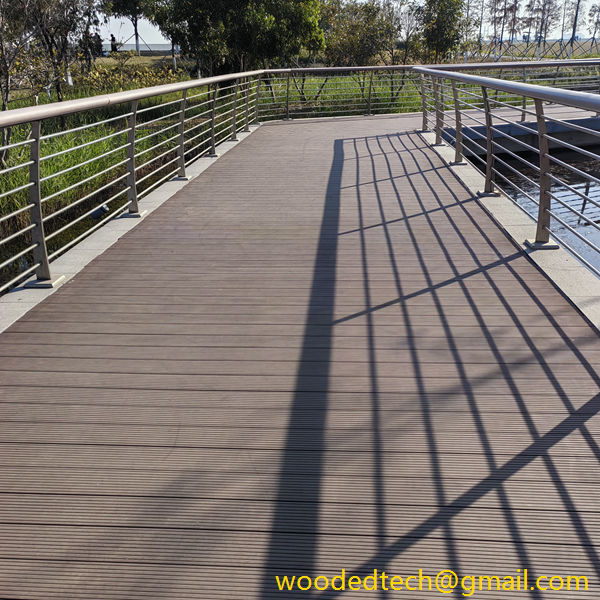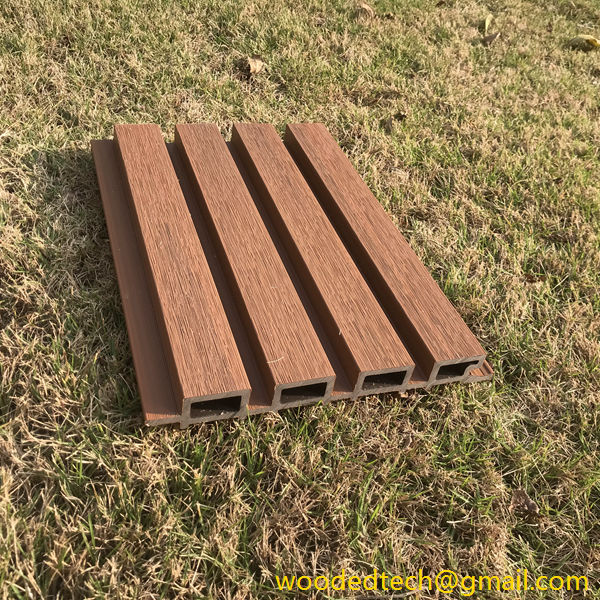Evaluating Cost of Plastic Wood Flooring for Your Project
Evaluating Cost of Plastic Wood Flooring for Your Project When considering a home renovation or flooring project, one of the most critical decisions involves the type of flooring material to use. Among the various options available today, plastic wood flooring has gained considerable popularity due to its aesthetic appeal, durability, and ease of installation. However,…
Evaluating Cost of Plastic Wood Flooring for Your Project
When considering a home renovation or flooring project, one of the most critical decisions involves the type of flooring material to use. Among the various options available today, plastic wood flooring has gained considerable popularity due to its aesthetic appeal, durability, and ease of installation. However, before making a decision, it is essential to evaluate the cost of plastic wood flooring for your project. Understanding the factors that influence the overall cost can help you make an informed choice and ensure that your investment is worthwhile.
Plastic wood flooring, often referred to as composite or synthetic wood flooring, is designed to emulate the look and feel of natural wood while offering several advantages. It is made from a combination of plastic and wood fibers, which makes it resistant to moisture, insects, and decay. This characteristic makes plastic wood flooring an excellent choice for areas that experience high humidity or are prone to spills, such as kitchens and bathrooms.
One of the primary factors that influence the cost of plastic wood flooring is the quality of the material. Higher-quality products tend to be more expensive but often provide better performance and longevity. When evaluating costs, it is crucial to consider the thickness of the planks, the type of finish, and the manufacturer’s reputation. Thicker planks typically offer more durability and better sound insulation, while a high-quality finish can enhance the appearance and longevity of the flooring. It is advisable to research different brands and read customer reviews to ensure you are selecting a reputable product.
Another significant factor to consider is the installation method. Plastic wood flooring can be installed using various methods, such as glue-down, nail-down, or floating installations. The installation method chosen can significantly impact the overall cost. For instance, a floating installation is relatively easy to undertake and can often be completed by a DIY enthusiast, reducing labor costs. Conversely, glue-down or nail-down methods may require professional installation, which can add to the overall expense. Therefore, if you are looking for a cost-effective option, consider whether you have the skills to install the flooring yourself or if you will need to hire a professional.
In addition to the cost of the flooring material itself and installation, it is essential to account for any additional materials required for the project. This includes underlayment, transition strips, and trim. Underlayment, which is often required for floating installations, helps with sound absorption and provides an extra layer of insulation. Transition strips are used to create a seamless transition between different flooring types or levels, while trim can enhance the overall appearance of the finished project. These additional materials can add to the total cost, so it is essential to factor them into your budget.
Another crucial aspect to consider when evaluating the cost of plastic wood flooring is maintenance and longevity. While plastic wood flooring is generally low-maintenance, some products may require periodic cleaning or refinishing to maintain their appearance and performance. Be sure to check the manufacturer’s guidelines for care and maintenance to determine if any additional costs may arise over time. Furthermore, consider the warranty offered by the manufacturer. A longer warranty may indicate a higher-quality product and can provide peace of mind regarding your investment.
When comparing costs, it is also wise to consider the long-term value of plastic wood flooring. Although the initial investment may be higher than some traditional flooring options, the durability and low maintenance requirements can result in cost savings over time. Additionally, the aesthetic appeal of plastic wood flooring can enhance the overall value of your home, making it a worthy investment if you plan to sell in the future.
Finally, it is essential to shop around and obtain quotes from multiple suppliers before making a final decision. Prices can vary significantly from one retailer to another, and shopping around can help you find the best deal. Additionally, keep an eye out for sales or promotions, as many retailers offer discounts on flooring materials at various times of the year.
In conclusion, evaluating the cost of plastic wood flooring for your project involves considering multiple factors, including the quality of the material, installation method, additional materials, maintenance, and long-term value. By taking the time to research and assess these factors, you can make an informed decision that aligns with your budget and project goals. Plastic wood flooring can be an excellent choice for its durability, aesthetic appeal, and ease of installation, making it a worthy investment for any home renovation project. As you embark on this journey, keep these considerations in mind to ensure a successful outcome that enhances the beauty and functionality of your living space.

